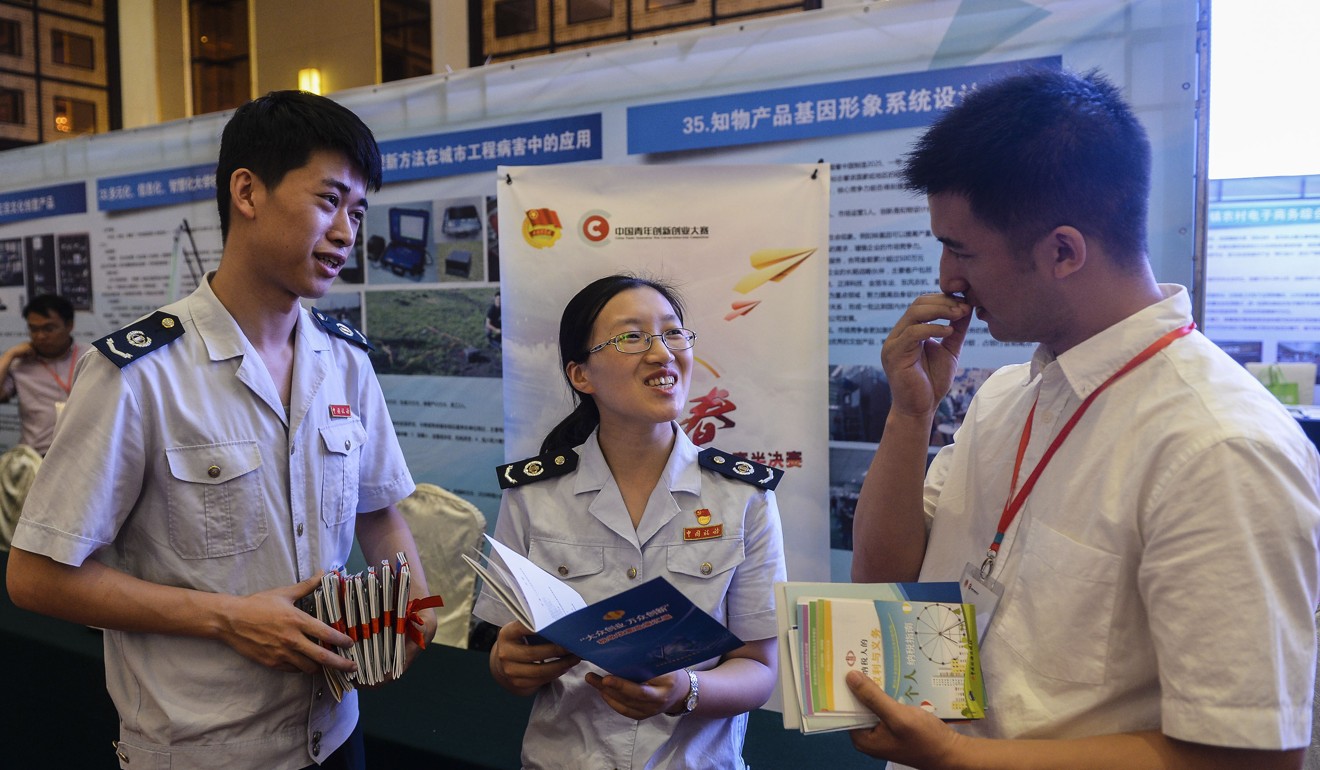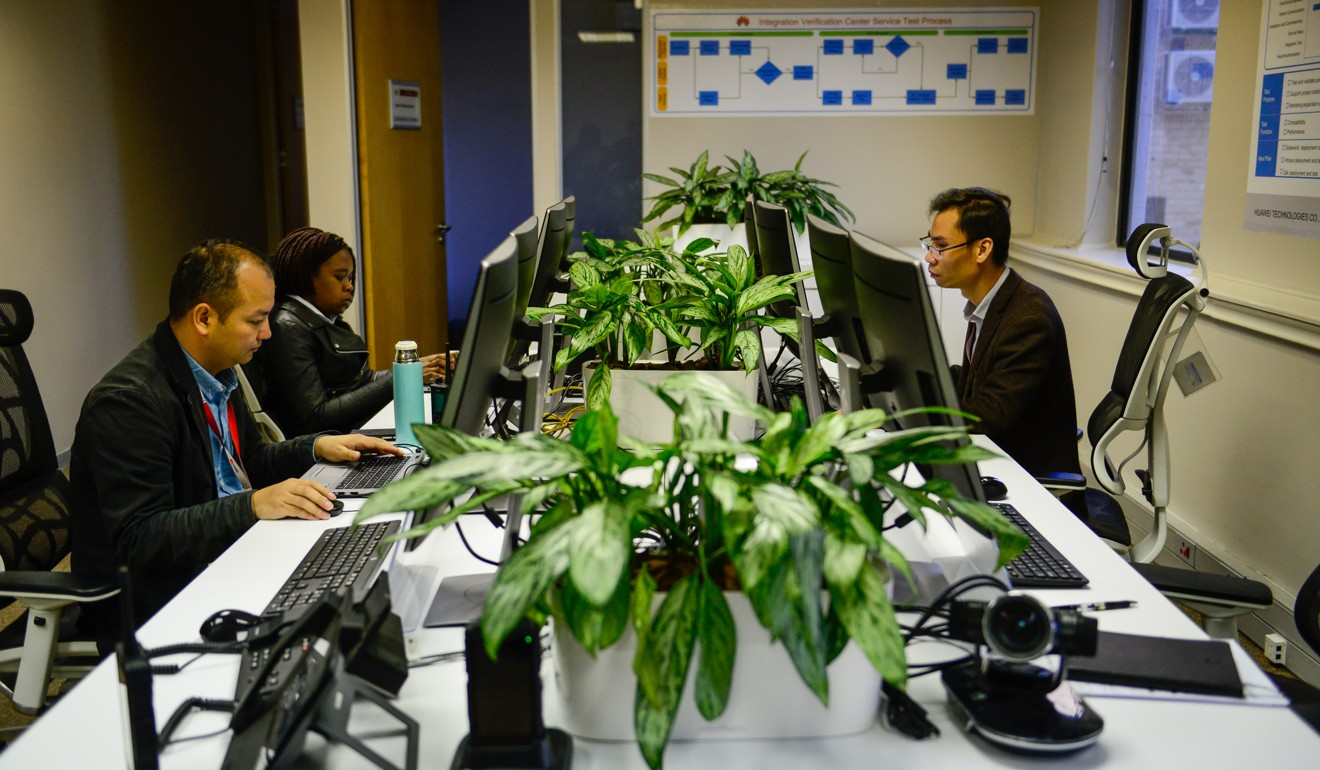
How Chinese innovation can spur economic growth in Africa
Jean-Claude Bastos de Morais says Africa can learn from China’s continued economic expansion, and tap into its rich reserves of human capital, through investment by governments, non-profits and the private sector to achieve self-sustaining growth
Africa – a region of 54 countries – is separated by thousands of miles of terrain, complicated political histories and anywhere between 1,000 and 3,000 languages. It also has significant socioeconomic challenges such as access to education, infrastructure, poverty and life expectancy. Yet Africa and China have much in common.
China and Africa both have huge populations, which in the pursuit of industrialisation and economic growth is hugely important. Between them, over a third of the planet’s people live in either Africa and China – 2.6 billion. Of these, 1.2 billion live in Africa. Unlike China however, Africa has an extremely young population – and it is the fastest growing in the world. This provides the African continent with the richest source of human capital in the world – but it must be nurtured.

China’s telecoms giants march to the beat of national service
This is as true for Africa as it is for China. The emphasis in both countries must be to push enterprise from the grass roots. Government zeal is key and, in Africa, there is a rapidly growing understanding among policymakers that innovation – and the support of innovation – is critical. Therefore, investment in innovation ecosystems and infrastructure in Africa must be a key priority.
According to a recent study by Boston Consulting Group, China’s later-stage R&D spending has already surpassed that of the US and this is crucial if innovations are to realise commercial success. China has benefited from state financial support and public- and private-sector investment in start-ups, SMEs and innovators – and this has seen China’s technology sector boom.
China’s prowess in technology and innovation can be replicated in Africa – the world’s fastest-growing and youngest population, if African countries commit to investing heavily in SMEs and providing platforms for innovators to succeed. That investment cannot, however, come solely from the government. In the diverse African continent, private sector and not-for-profit organisations are pushing for the kind of grass-roots innovation that has helped China succeed.
Tencent’s Q2 profit jumps 70 per cent as more gamers play on smartphones than computers

Not-for-profit organisations in Africa such as the African Innovation Foundation seek out and support innovators right across the continent. The organisation’s Innovation Prize for Africa searches for innovators and entrepreneurs who present commercially viable self-sustaining solutions to Africa-specific challenges.
Jean-Claude Bastos de Morais is the founder of the Africa Innovation Foundation, founder and CEO of the Quantum Global Group and an International Council member at the Belfer Centre for Science and International Affairs, Harvard Kennedy School

